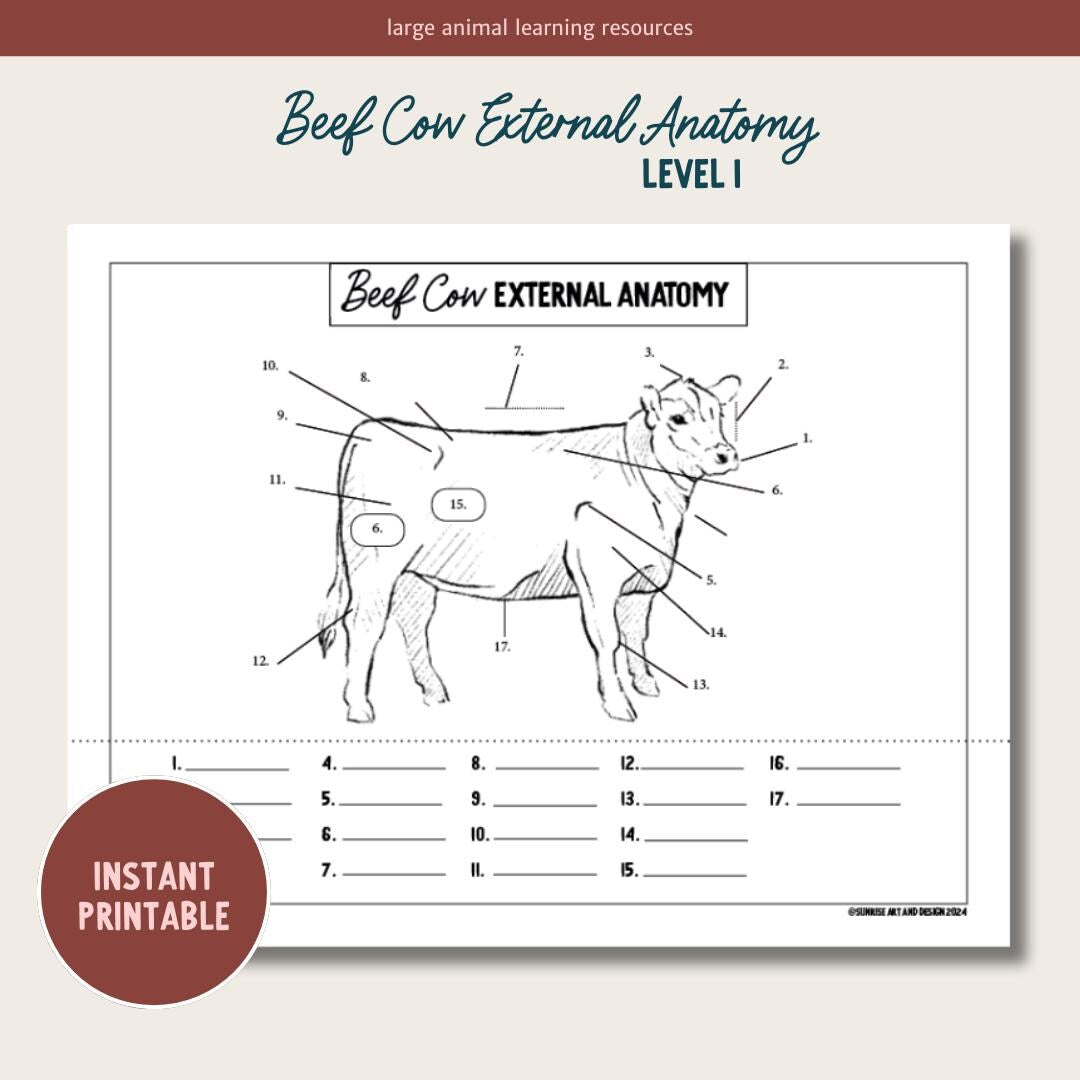Hey there! Have you ever wondered what makes 4-H different from FFA (Future Farmers of America)? Both organizations have a strong emphasis on building character, fostering teamwork, and developing critical thinking skills. Let's take a closer look at what sets them apart and what they have to offer:
4-H: Nurturing Diverse Skills
4-H encourages youth aged 5 to 18 to learn by doing, growing skills in leadership, citizenship, and various agricultural disciplines. Founded on the principles of "head, heart, hands, and health," 4-H is the largest youth development organization in the US and is administered through Cooperative Extension Agencies.
Here are some projects available through 4-H! Check with your local County Extension to get a list of what is available in your area:
1. Animal Husbandry:
- Raising and showing livestock such as cattle, sheep, goats, pigs, and poultry.
- Raising and showing pets such as dogs, cats, rabbits, and guinea pigs.
- Learning about animal care, nutrition, breeding, and health management.
2. Plant Science:
- Gardening and horticulture projects, including growing vegetables, flowers, and herbs.
- Studying soil health, plant biology, and sustainable agricultural practices.
3. STEM Projects:
- Robotics and engineering activities related to agriculture and farming.
- Environmental science projects focusing on conservation and natural resource management.
4. Baking and Culinary Arts:
- Exploring baking techniques, recipes, and food safety practices.
- Participating in baking contests and learning about nutrition and food preservation.
5. Sewing and Textile Arts:
- Mastering sewing skills such as garment construction, quilting, and embroidery.
- Learning knitting, crochet or needle felting.
- Creating clothing, accessories, and home decor items while learning about fabrics and design.
6. Shooting Sports:
- Develop accuracy and precision in rifle, shotgun, pistol, and archery shooting disciplines.
- Safe firearm handling practices, including storage, maintenance, and range etiquette.
7. Visual Arts, Leathercraft, Woodworking, Photography
- Exploring various mediums such as painting, drawing, sculpture, and mixed media art.
7. Leadership and Citizenship:
- Public speaking, community service, and civic engagement initiatives.
- Developing leadership skills through club officer roles and project management.
FFA: Emphasizing Career Development
FFA, also known as Future Farmers of America is a school-based program that prepares students in grades 7-12 for leadership roles and careers in the agricultural industry. With a strong emphasis on hands-on learning and real-world experiences, FFA equips members with great skills in agriculture, agribusiness, and personal development.
Here are some learning areas in FFA:
1. Agricultural Mechanics:
- Welding, woodworking, and machinery operation and maintenance.
- Building projects such as trailers, fences, and agricultural structures.
2. Agriscience Research:
- Conducting scientific experiments related to agriculture, biotechnology, and food science.
- Presenting research findings at local, state, and national competitions.
3. Agribusiness Management:
- Learning about agricultural economics, marketing, and entrepreneurship.
- Developing business plans and exploring career opportunities in the agriculture industry.
4. Livestock Evaluation and Judging:
- Evaluating animals based on criteria such as conformation, breed characteristics, and market quality.
- Participating in livestock judging contests at regional and national levels.
4-H Vs. FFA: Which Program Should You Choose?
When you're weighing the options between 4-H and FFA for your child, there are a few things to keep in mind.
First, consider your child's age. 4-H is open to kids aged 5 to 18, while FFA is geared towards students in grades 7-12.
Next, think about what kinds of projects really spark your child's interest. 4-H has a huge variety, covering everything from animal care to STEM and arts, while FFA focuses more on agricultural skills like mechanics, livestock showing and business.
Lastly, use the links below to find information about your local chapters. Some programs may not be available in your immediate area. Want to start your own 4-H club check out this blog for more information!
Find out more:
Looking for Agricultural Learning Resources?



